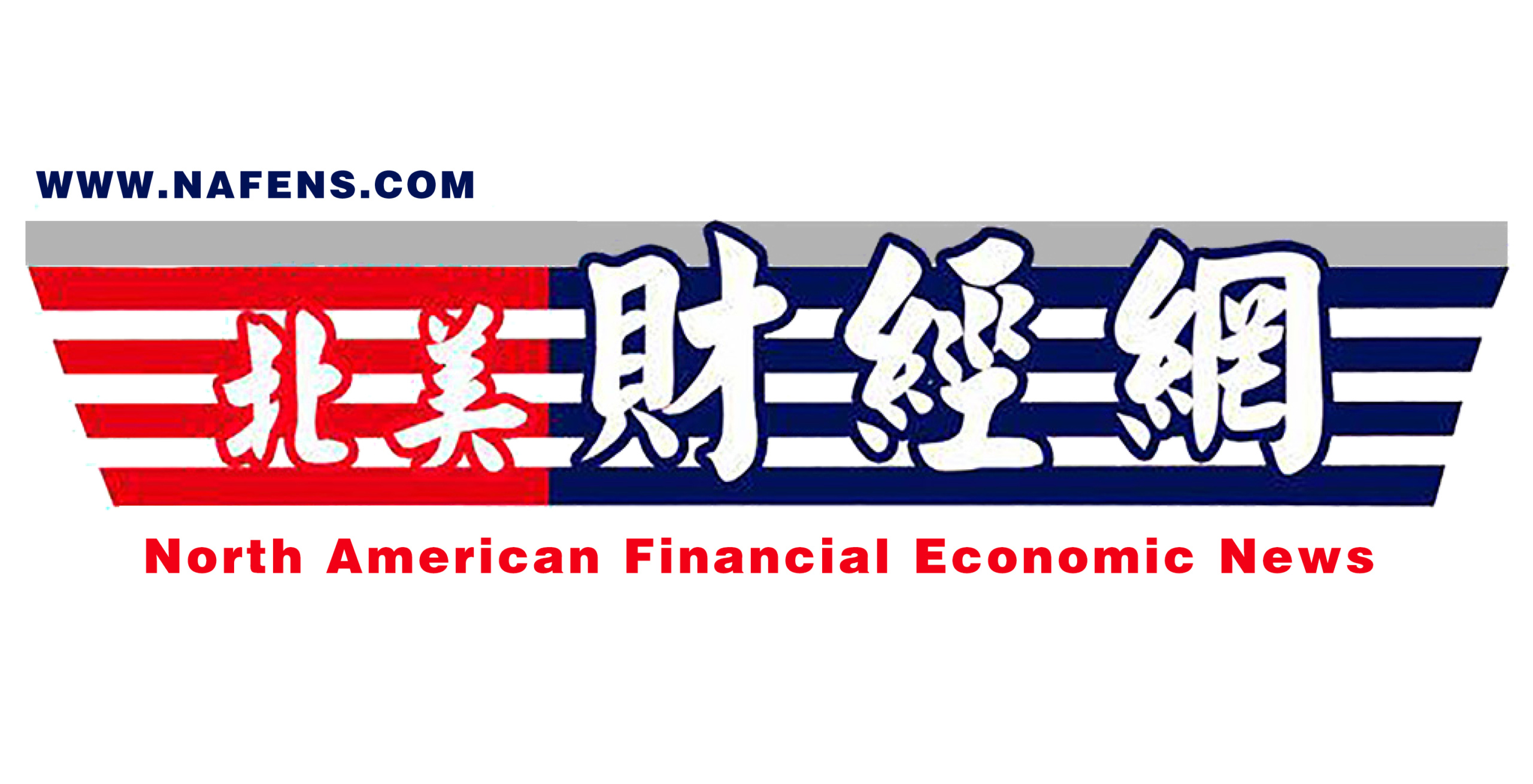Gender equality drives female creativity and equal opportunities in the age of smart technology
The 68th United Nations Commission on the Status of Women will hold the International Conference on Women (UNCSW68) at the United Nations Building in New York, USA, from March 11 to 22, 2024, with the theme “Accelerating Achievement by Addressing Poverty, Strengthening Institutions and Adopting Gender Lens Financing” Gender equality and the empowerment of all women and girls”. This is the first all-site offline meeting since the 2020 epidemic. The United Nations Commission on the Status of Women (CSW) is the only major global intergovernmental agency dedicated to promoting gender equality and women’s empowerment. As a functional committee of the Economic and Social Council (ECOSOC), it was established by Council Resolution 11 (II) of 21 June 1946. UNCSW plays an important role in promoting women’s rights, documenting the lived realities of women around the world and shaping global standards for gender equality and women’s empowerment.
In celebrating International Women’s Day on March 8, 2024, under the theme “Investing in Women: Accelerating Progress”, the International Labor Organization (ILO) acknowledges the important and integral role of decent work and gender equality in progress, Kicked off the UNCSW68 conference. Delegations from various countries attended multilateral activities such as general debates, ministerial roundtables, high-level open debates of the Security Council, and thematic forums. Sima Sami Iskander Bahous, head of multiple United Nations committees and Executive Director of UN Women, and Antonio Guterres, Secretary-General of the United Nations, attended the first meeting at the main venue on March 11, emphasizing the high-level Developing society through science and technology, safeguarding world peace, combating gender discrimination, the harm of peace crises to women and children, and protecting the rights and safety of women and children are important matters in today’s world. Official representatives from various countries attended the consultation to discuss the impact of the epidemic on the global economy and society, especially women, in the past few years, which has led to varying degrees of social problems in social justice, gender equality, racial discrimination and other aspects.

UNCSW68 The Committee reaffirmed that the Beijing Declaration and Program of Action (1995) and its review outcome documents, as well as the outcomes of relevant major United Nations conferences and summits and their follow-up actions, laid a solid foundation for sustainable development and fully, effectively and expedited the implementation of the Beijing Declaration and Actions The Platform will make an important contribution to achieving the 2030 Agenda for Sustainable Development and achieving gender equality and the empowerment of all women and girls. Among the delegations from various countries in this conference, at the Asia-Pacific Regional Meeting at the main venue on March 12, the ministers of each delegation made speeches. The leader of the Chinese women’s delegation, Huang Xiaowei, attended the meeting and delivered a brief speech, introducing the Chinese government and leaders’ views on women. The care and support of children and the results achieved over the years, China’s technological and economic development, the improvement of women’s status, economic support for remote areas, poverty reduction and investment in women, gender equality and women’s empowerment, etc.


Member States that have voluntarily reported since the conclusion was adopted in March 2019 should specifically discuss some or all of these key focus areas. Member States should provide specific examples of measures taken to reach the conclusions of CSW63 and their impact or results; identify good practice cases, as well as key lessons learned, gaps and challenges; and highlight successful inclusive cooperation with stakeholders and implementation of the conclusions comprehensive approach. Member States are encouraged to refer to concrete measures in social protection, public services and sustainable infrastructure that address the impact of crises on women and girls, such as climate and environment, COVID-19, cost of living (food and energy) and debt. A “partner country” may be invited based on ongoing cooperation with the reporting country, similar experience or because of a desire to benefit from the reporting country’s experience. Reporting States may also consider inviting United Nations agencies and civil society organizations to participate in discussions from their seats.
As one of the partner countries, Canada, the leader of the women’s delegation, introduced Canada’s achievements in gender equality, protection of women and children, and human rights. Organized several special forums, including reports from civil organizations and research institutions in eastern Canada, including Ontario and Quebec, to fight for women’s rights to fair workplace opportunities at the grassroots, and to promote fair opportunities and support for Aboriginal women and children in education and economy. , Youth Forum Exchange Canadian Olympic Committee image spokesperson, a 17-year-old high school student representative from Toronto talked about the contribution, participation and role of young women in sports, and also pointed out the bottleneck of women in terms of gender discrimination. Young people face great challenges in terms of housing, housing prices, and career development. They also call on the government and society to pay attention to the development of young female groups. With the rapid development of smart technology, women should not fall behind. Investing in women’s development has a great impact on the family. The education of children and the harmonious development of society are extremely important.
Yu Chengzhang, a member of the decision-making team and committee of the relevant alliance of UN Women and a senior scholar in the field of sustainable development, was invited to attend the United Nations Conference on Women and participated in the review and negotiation documents and other work for the Canadian official delegation support team. Yu Chengzhang participated in the Global Peace Builders and Gender Equality Forum, the North American Women’s Forum, the Eurasian and Pacific Region, as well as multiple main venue consultation meetings and sub-venue special forums. At the forum on using female leadership to fight for equal rights for women across generations in the high-tech era, many speakers from the United States and other places expressed that social security, basic family protection, racial discrimination and gender discrimination have restricted the development of minority women. Issues such as fair opportunities in the workplace have aroused heated discussions. Yu Chengzhang proposed that racial discrimination limits the development of diversity in the social economy and the impact on women in employment, entrepreneurship and development. He called on society and the government to take the following measures, which was well received and endorsed by the participants:
1. Promote inclusivity : Advocate and implement inclusive policies and practices to ensure equal opportunities and treatment for all racial, gender and other social groups in employment, entrepreneurship and development.
2. Strengthen legal protection: Strengthen the anti-discrimination legal framework, human rights protection, formulate and enforce strict laws to combat racial discrimination and gender discrimination, and ensure that victims can obtain fair judicial relief.
3. Promote education: Through education and ideological advocacy, raise society’s awareness of racial discrimination and gender discrimination and promote an inclusive and equal cultural atmosphere.
4. Support vulnerable groups: Provide support and assistance to groups subject to discrimination, including providing training, education, employment opportunities, entrepreneurial funds and other resources to help them overcome barriers caused by racial and gender discrimination.
5. Nurture leadership: Encourage and develop leaders of all races and genders to ensure they play a role in politics, business and society and contribute to inclusion and diversity.
7. Increase awareness: Increase public awareness of racial discrimination and gender discrimination through media, social platforms, public events and other channels, and promote social discussion and resolution of these issues.
8. Social evaluation system: Provide direct and effective support to minority women, create opportunities for women in science and technology and other fields, and provide practical implementation and transparent mechanisms and supervision that are not just policies and slogans. Investing in women’s development means social progress, just as “if women succeed, the society will succeed.”
The members of the International Women’s Intergenerational Equality Action Alliance include Canadian and Maple Women’s Development Committee cross-generational and different field representatives Xu Chengzhu, Jiang Lihua, Huang Xiping, Zhang Mali, Jia Baoheng, Xie Mingdi, Ma Chen, Yeunia Wang, Shen Nuanming, Feng Xiaowen and other old, middle-aged and young Chinese Women participated in many online thematic forums and exchanged their experiences enthusiastically. Everyone is interested in participating in the United Nations Conference on Women and learning about the self-reliance of women from all over the world, whether from global women leaders, women representatives of senior leadership teams of various countries, entrepreneurs, experts and scholars. Women strive for equal rights, in the workplace and at home, social welfare and services, science and technology and They have played an important role in the development of cultural undertakings.
Xu Chengzhu shared her feelings, “Participating in several special forums is very meaningful for cross-generational communication, understanding the needs of young people and the problems they face, and learning from each other to enhance understanding and keep pace with the times in terms of social security and health.” Jia Baoheng He believes that “Although it is a women’s conference, it covers a wide range of topics. For example, protecting women’s human rights, promoting women’s participation in economic development, etc. Marriage, kindergarten, AI are related to women, and the status and experience of women in certain countries are different, and there is a lot of content. This It is a women’s voice conference, where women from all over the world come together to speak out, allowing people to understand some of the current conditions of women’s survival in different countries around the world. Of course it is important for the speakers to speak at the conference, but how to solve some problems is the key .” Xie Mingdi expressed her opinion. She believed that “this conference allows everyone to understand the current situation of women in various countries, but how to solve the problem requires substantive solutions. This platform shows the status and situation of women in various countries around the world. Only comparison can truly feel China has done far more than most countries in terms of social status and women’s equality, and needs to do more publicity to let the world know. Representatives of some countries, such as the South Korean ambassador, spoke passionately about how women’s status is high and respected in society as a whole, from their own mothers. Respect, how high the status and respect of Korean women is has been remembered by all the participants at the international conference.” Zhang Mali agreed with Xie Mingdi’s point of view. She also gave an example of her “colleagues from a certain country who are facing the problem of domestic violence. Native. The low status of women in the country has affected families after immigration, and the culture and ideas have not changed.” Young participants said, “Participating in the United Nations branch’s special online forum broadens your horizons, looks at the world, and understands the status of women in various countries around the world. Women and children are still suffering from the suffering, pain and poverty caused by the war, and they feel that the younger generation has a long way to go.”
In addition, the Commission also reaffirmed its commitment to gender equality and the empowerment of all women and girls at relevant United Nations summits and conferences, including the International Conference on Population and Development and its Program of Action and its outcome document. It recognizes that the SIDS Accelerated Model for Action (SAMOA) pathway, the Disaster Risk Reduction Framework 2015-2030, the Addis Ababa Action Agenda of the Third International Conference on Financing for Development and the New Urban Agenda are important for improving social protection, public contribute to the situation of all women and girls in the context of services and sustainable infrastructure. The Committee recalled the Paris Agreement adopted under the United Nations Framework Convention on Climate Change.
National representatives of the UNCSW68 conference and the United Nations International Committee believe that despite the efforts of all countries, although some progress has been made, the realization of the Sustainable Development Goals (SDG 5) has been hindered by crises on many fronts. The United Nations’ 2023 gender snapshot shows that if current trends continue, more than 340 million women and girls – 8% of the global female population – will still be living in extreme poverty by 2030. Funding challenges are widely recognized as a major impediment to achieving gender equality. It is estimated that an additional $360 billion is needed each year to achieve gender equality and the empowerment of women and girls in developing countries, but funding is insufficient to meet these needs. In 2020-21, Development Assistance Committee (DAC) member countries allocated an average of 44%, or $57.4 billion, of their bilateral official development assistance (ODA) to gender equality causes. However, only 4% of bilateral aid funding was earmarked for projects with gender equality as the primary objective, indicating a decrease compared with 2018-19. ODA flows to women’s rights organizations, campaigns and initiatives to end violence against women and girls also declined compared to previous periods. While gender-lensed capital attracted by private equity, venture capital and private debt instruments increased more than five-fold between 2017 and 2021, the reality is that funding for gender equality remains low compared to other impact goals. Small. For example, in 2022, sustainable bonds aligned with SDG 5 will account for only 1% of the $900 billion issuance through various sustainable bonds. New financing options are critical to closing the ongoing financing gap to achieve key Sustainable Development Goals on gender equality and women’s economic empowerment.


In the last three days of the meeting, the conference focused on the speeches and special forums of representatives from various countries and the issues reflected. Representatives from young children to the elderly made appeals. The eight-year-old child represented all women in the world and called for the world to care about women’s physical and mental health. In some countries, child marriages continue, women and children in some countries face life and death crises in military conflicts, women and children in some countries struggle in poverty, and women and children in some countries are still abused, treating women and children as human beings.” “We” are also human beings. We should be respected, protected, and have equal rights to education. We hope that the world will be full of beauty. Representatives of the elderly also passionately expressed that with the development of high-tech society, the elderly cannot be abandoned or marginalized. Children are the future of society. Paying attention to the development of young people is inseparable from the support and guidance of the elderly. Dialogue across age groups makes this conference more hopeful and vital.
UNCSW68, the offline main venue, closed at the United Nations Building on the afternoon of March 22. It summarized the topics of this meeting, including discussion and consultation on the main conference topics. Academic groups, civil organizations and government agencies from various countries organized online and offline forums respectively. It covers a wide range of areas, including finance, health, education, science and technology, climate change and environment, culture and sports, with participation from young children to 90-year-olds, South America and Eastern Europe, the Middle East, Arab countries, and Southeast Asia, including Japan. Representatives from South Korea, Malaysia, Indonesia and Taiwan jointly held forums with representatives from other countries to introduce successful cases and solutions to problems, showing their active participation in international affairs and publicity. The Macau Women’s Federation also held a special forum. UNCSW encourages governments and civil organizations to continue to carry out various tasks to continue and increase the leadership and positive role of women in scientific and technological innovation and economic development, and to protect the human rights and equality of women and children. It is a long-term task to oppose gender discrimination, war and infringement of the interests of other countries, safeguard human peace and the living environment, protect the environment and our planet, and achieve sustainable development of the human economy and society. At the end of the CSW68 conference, delegates at the meeting agreed to simultaneously launch the 69th United Nations Conference on Women, UNCSW69, with the main purpose of ensuring that a gender perspective is reflected and gender equality issues receive strong attention and commitment to implementation.
(Contributed by Wu Yue)



